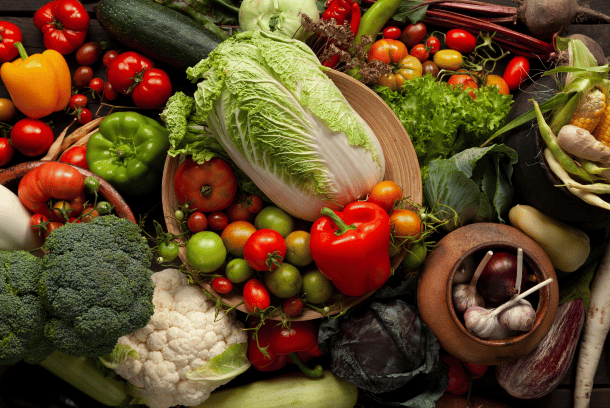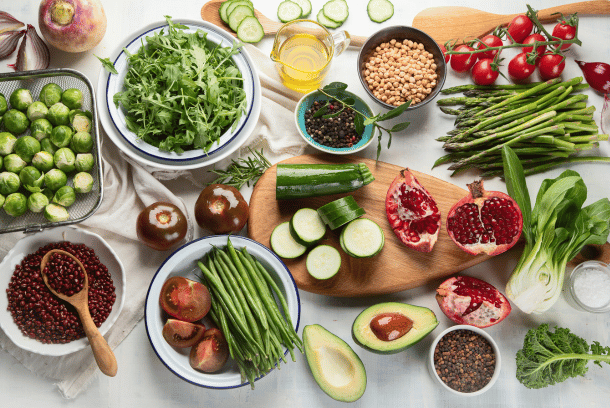26st January 2023
Staying Healthy while Pregnancy is Good for You and Your Baby

You want to do the best you can for your baby, right? Then, it’s important to stay healthy before you get pregnant, during your pregnancy and after your baby’s arrival. As a mum-to-be, you’ve read the books and heard loads of advice from mums, grannies, aunts and cousins. And most of it is helpful and is great to have as a reference point but remember to trust your maternal instincts too. Here are our top 5 tips that can help while you’re pregnant:
Schedule regular prenatal check-ups
As soon as you know you’re pregnant or suspect that you might be, visit the doctor. He/she will schedule regular appointments – normally once a month, until the last month when this may increase to every two weeks. These are important as any health issue can be detected and addressed early and reduces the risks of complications during delivery.
Your doctor will do a physical examination, weight checks and a urine test. He/she will take your medical history, including any pre-existing conditions or surgeries you may have had. You will be asked to share your family’s medical history as well, for example, if there is a history of diabetes in the family.
Drink more water
Your blood supplies your baby with oxygen and nutrients through your placenta and carries waste and carbon dioxide away from the foetus. To allow for this extra ‘work’ your blood volume increases by 50%, so you need more water to support that increase.
Drinking water can also help prevent constipation, haemorrhoids, UTIs (urinary tract infections), swelling and other uncomfortable pregnancy symptoms.
Wear sunscreen
Did you know that your skin is more sensitive to sunlight during pregnancy? A pregnant woman is more prone to sunburn and chloasma (a condition where brown patches appear on the face). Don’t avoid being in the sun though because Vitamin D is important for your and your baby’s health. Just slap on some sunscreen and wear a hat to protect the skin on your face which is more sensitive.
Draw up a birth plan
A birth plan describes what you want to happen during childbirth. Share this with your doctor or midwife and the hospital where you plan on giving birth. A birth plan includes where you want to deliver your baby, who will be with you during labour (your delivery partner, for example, your husband, friend, sister, etc.), any procedures you want to avoid, how you want to manage pain, and whether or not you want to breastfeed, etc. Read more in the NHS article, ‘How to make a birth plan’.
Take a prenatal vitamin
Pregnancy increases the nutritional requirements for some vitamins and minerals, especially iron. If you do not have enough iron, you will probably feel very tired and may even suffer from anaemia. The NHS recommends taking 400 micrograms of folic acid in the first 12 weeks of pregnancy and 10 micrograms of Vitamin D daily for the duration of your pregnancy. Vitamin C is also important as it helps to protect cells and keeps them healthy. Calcium is vital too as it helps to make the baby’s bones and teeth. Vitamin A (retinol) should be avoided during pregnancy because too much can actually harm your baby’s development. So, read medication labels carefully before taking any, and if you’re unsure, it's best to check with your doctor first.
At Hashmats Health, we have the perfect solution: HabibaaCare Pregnancy Vitamins and Minerals has everything you need in the right proportions to put your mind at ease. It offers mums-to-be comprehensive nutrition support through all stages – conception, pregnancy and breastfeeding. The ingredients include 400iu (10mcg) of Vitamin D3 as recommended by the UK Department of Health and 23 other nutrients and minerals in optimum levels for the entire pregnancy cycle. To learn more about this UK-manufactured product, read here.
For more info about pregnancy and becoming a mother, read our blog, Having a Baby? – Take Care of Mum First. It covers all the important things to remember in the first 1000 Days of a baby’s life (from conception to two years old).
Hashmats Health donates 2% of its sales revenue to charitable organizations.



